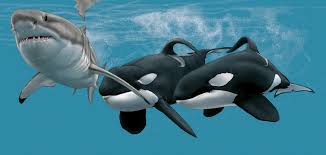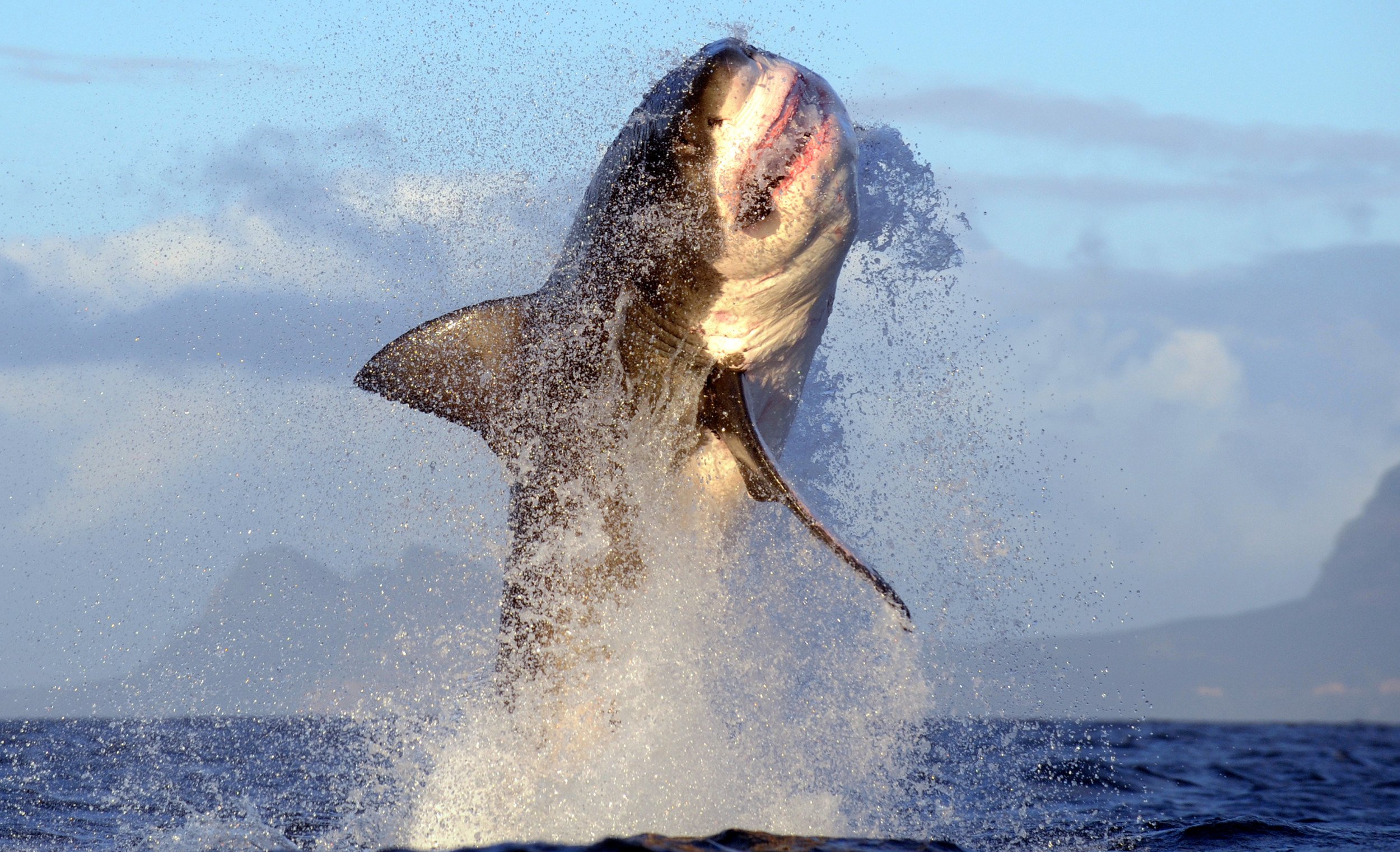By Joy Chinecherem
The little or nothing most of us know about sharks come from movies we watched while growing up. Movies portraying these class of fish as the worst thing after the apocalypse, spine chilling and horrified scenes stamped in our brain.
What if Sharks are not as evil as we are lead to believe? No doubt, there have been Shark attacks in times past which are sometimes provoked. We may never find out the true nature of these fishes nor get to see them, these beautiful endangered species, as somehow by actions or inactions of humans, there are fewer or no sharks left in our waters.
The extinction of sharks from our waters, are they really in our favor? or signs of failing ecosystem?
The South African Great White Sharks are the most famous sharks in the world, featured in a popular TV series Air Jaws with over a billion views. The Great White Sharks have served as a tourist high point while visiting South, Africa, with their jumping in the air display while attacking their preys (seagulls and other smaller sharks) and dorsal fins sailing above water.

great white sharks
Thousands of tourists, every year visit South African’s False Bay, where there have always been more than 200 annual sightings of the great white sharks till recent years. There they gather around one Island looking majestic and stunning, crowning the False Bay “the great white capital of the world”.
Across Africa, there have been sightings of sharks which are not often, the existence of great white sharks in other African waters is next to nonexistent or they have somehow been wiped off earlier. In 2012, in Delta State, Nigeria, a woman narrowly escaped death from a Shark attack.
Sharks found in other African waters are mostly sharks belonging to the lower class in the food chain. Sharks popular in African waters include the sandbar shark, the hound shark, the blue shark, the Marko shark, etc
In recent years, the sightings of the great white sharks have drastically fallen according to a South African who makes a living from taking tourist/film crews in his boat to witness the extraordinary sight, he said
“Sightings of aerial attacks by sharks have dropped from a peak of 11 per trip in 2004 to 0.3 per trip today.” Chris Fallows
Last year, 2019 not a single shark was seen and so far this year, there has been only one sighting. What could be responsible for the disappearance of these sharks?
According to Sarah Waries, of shark spotters organization “We need to keep watching to work out what has changed and why, and when they may come back. For now, we are still really hopeful the sharks will return,”
Two Orcas nicknamed Port and Starboard could be responsible for the disappearance. Orcas, also known as Killer Whales are toothed whales belonging to the oceanic dolphins with diverse diets often specializing in particulars types of prey. These two orcas, port and starboard happen to specialize in hunting down the great white sharks, tearing them open to take their liver which by the way accounts for the largest part of the sharks.

port and starboard orcas
Even though the arrival of the killer whale accounts for the fleeing of the great white in False Bay, experts claim there might be an underlying environmental factor. There has been a plummeting in the population of sharks over the years, which could be attributed to pollution.
According to marine biologist, Dr. Sara Andreotti, great whites were not sufficiently genetically diverse to cope easily with new threats. The new threats include the introduction of metal waste in the water bodies through their food chain which possibly damages their reproductive system.
Moment Man Grabbed Shark With Bare Hand In A Beach (Video)
The impact of longline fishing counts for a large percentage of the fleeing of the sharks, looking for food.
South African government passed a law in 1991, protecting the Great White Shark but then the law does not include other shark species that serve as food to them.
The system of longline fishing is responsible for the collapse of species that serve as food for the great whites thereby these sharks flee our waters in search of their own greener pastures.
Thereby, longline fishing is also responsible for the extinction of other species of sharks across African waters.
Post Disclaimer
The opinions, beliefs and viewpoints expressed by the author and forum participants on this website do not necessarily reflect the opinions, beliefs and viewpoints of Anaedo Online or official policies of the Anaedo Online.

